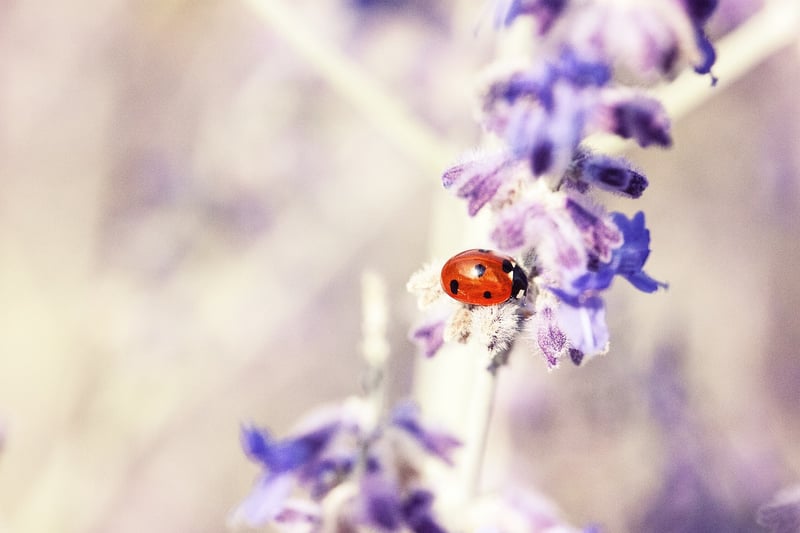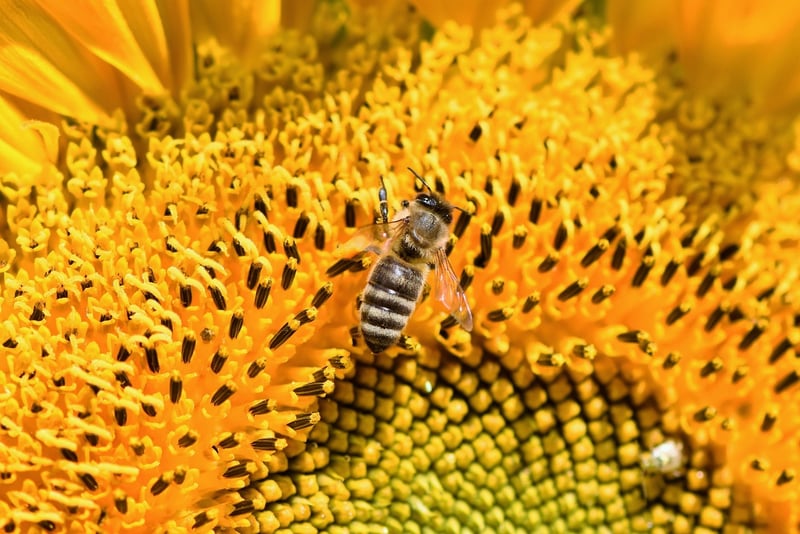Beneficial Insects
Protect Your Garden with Beneficial Insects

Having a beautiful and thriving garden requires more than just watering and weeding. One key element to consider is the presence of beneficial insects. These tiny creatures play a vital role in maintaining a healthy ecosystem in your garden by preying on harmful pests, pollinating flowers, and improving soil quality.
Why Beneficial Insects are Essential
Beneficial insects act as natural pest control agents, feeding on common garden pests like aphids, caterpillars, and mites. By introducing these helpful bugs into your garden, you can reduce the need for chemical pesticides, promoting a more sustainable and eco-friendly approach to gardening.
Common Beneficial Insects
- Ladybugs: Known for their appetite for aphids, these colorful beetles are a gardener's best friend.
- Bees: Essential pollinators that help fertilize flowers, fruits, and vegetables, ensuring a bountiful harvest.
- Praying Mantis: Voracious predators that feed on a variety of garden pests, keeping your plants safe.
- Lacewings: Their larvae are ferocious aphid-eaters, making them valuable allies in pest control.
- Ground Beetles: These nocturnal hunters prey on slugs, snails, and other destructive insects that emerge at night.
How to Attract Beneficial Insects
To encourage beneficial insects to take up residence in your garden, consider the following tips:
- Plant a diverse range of flowers: Different flowers attract different beneficial insects, so aim for a variety of colors and shapes.
- Provide shelter: Create habitats like rock piles, brush piles, or insect hotels where beneficial insects can seek refuge.
- Avoid pesticides: Chemical pesticides can harm beneficial insects, so opt for natural pest control methods whenever possible.
- Use companion planting: Certain plants act as natural repellents to pests while attracting beneficial insects. Research companion planting strategies for your garden.
By welcoming beneficial insects into your garden, you can create a balanced and thriving ecosystem that promotes plant health and reduces the need for harmful chemicals. So, the next time you see a ladybug or a bee in your garden, remember that they are nature's helpers working to keep your plants happy and healthy.

